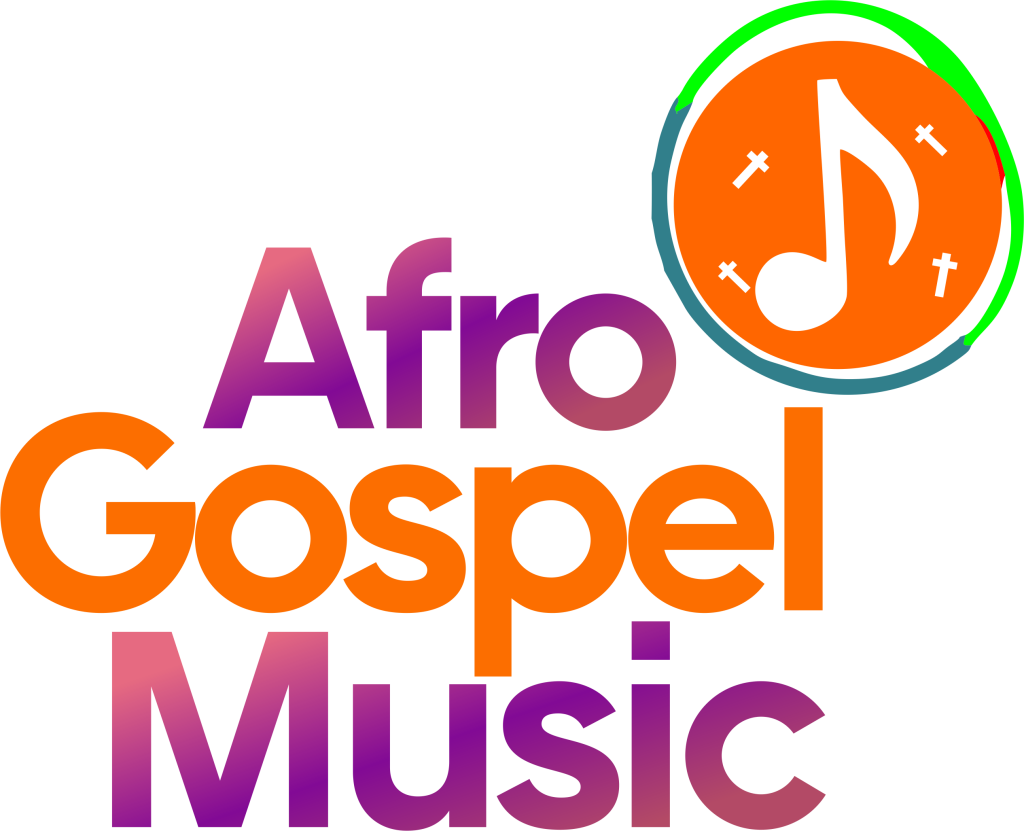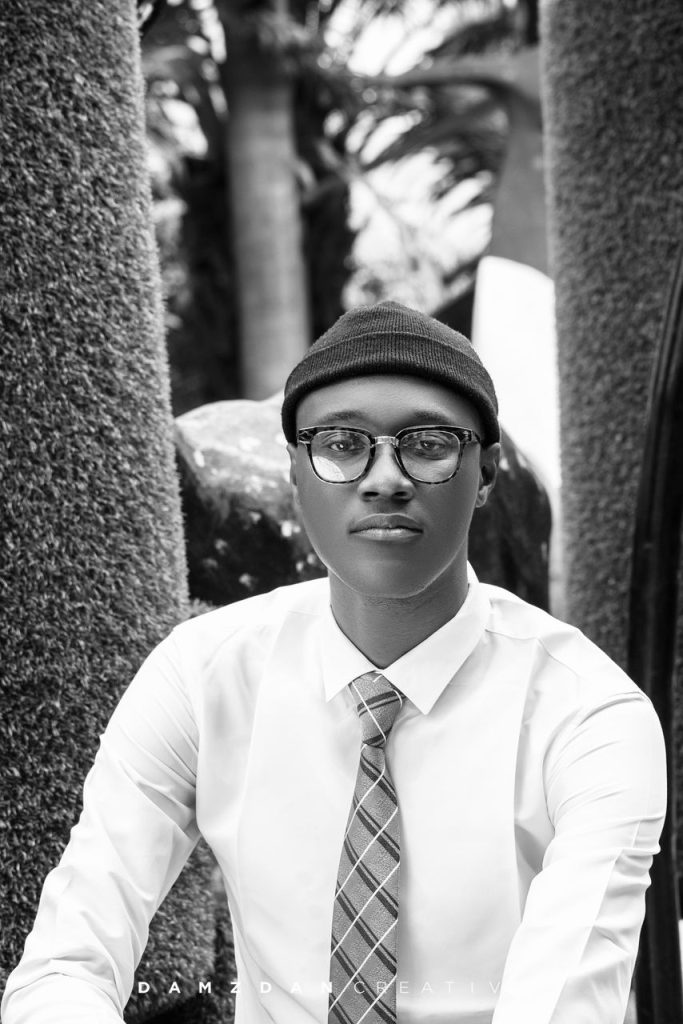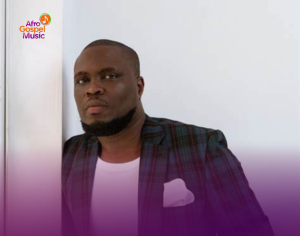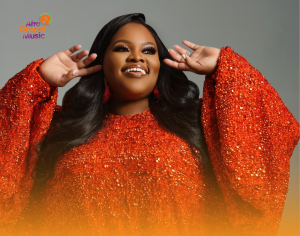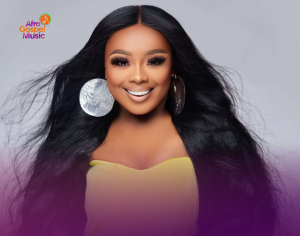On this edition of #Exclusive Interview with people, Akan Imoh shares his opinions about the Afro-Gospel industry in Nigeria and how much growth the industry is made from his PR consultancy lens.
AGM: What do you think about Afro-Gospel culture in Nigeria?
Akan Imoh: In Nigeria, I think I like the idea. I like the idea of what he stands for. I think that is really cool because it brings in a whole lot more people and a whole lot more traffic to the audience of gospel songs because before, what people saw as gospel songs was mainly the slow worship kind of songs. Right now, we now have a new genre, so people who necessarily might not have wanted to listen might not want to listen to those slow songs and are interested in gospel songs. Because they are now singing the genre that he can connect with. Right now, Afro beats is taking all over the world people have Afrobeat So, we’re singing it in. We’re now doing gospel in that style. It has expanded our reach and expanded the audience. So yes, I think I really, really do like it.
AGM: Considering the last debate on paying Afro Gospel a huge amount of money that started on Twitter last year December, what do you think about it?
Akan Imoh: So I think I do not have a problem with Afro gospel, gospel artists being paid, I don’t think that should even be a question. You see, because there’s a difference between I’m singing and this is a career for me. I don’t know if you get my point. There’s a difference, and this is my personal belief, and that’s the way I see it. For some of these guys. This is a career; this is how they live. Now, we also need to understand that they are putting resources to beautify their crafts. So they spend money on rehearsal, they spend money on PR, they probably have a music band, they buy instruments, and they spend money on studio production.
You know, and that is what has made us now identify them and then because their song came out and then we heard them all over the place. We need to understand that they have done some form of marketing behind the scenes that has improved things. So when you understand how this thing works, you will realize that it is a career for them. it’s not just that they can’t sing. They have now put in the work, and they’ve put in the resources to make it turn out well. So if they are to be paid, or if they ask to be paid, I do not think that that should be a problem.
We also need to understand that because of the industry we are operating in – that’s the faith industry, there are a whole lot of individual directions for these artists. So let me explain it, some gospel artists may come today and say, I don’t want to charge money, but I’ll come to your church, and you bless me with whatever you feel the Lord lays in your heart. Are you getting my point? I remember when I was a Teens president then, and I used to get invited to minister in places. You go to some places, and what they give you as an honorarium is not even enough to pay for your transport coming to that place. I have ministered in some places where the offering money I paid was bigger than the honorarium. Are you getting my point? And even for me, it was not about the money. It was about the fact that lives were blessed. So this is very individual. It depends on the artist. So it is wrong for us now to compare and say, Oh, this artist doesn’t collect money. Why are you charging money? No, it is very, very wrong.
Spiritually, bless the person in return. Do you understand my point? Bless the person, and I feel that, and we also need to understand that for them to have been able to build a career out of this image that they have putting resources into, that’s where we always miss it.
AGM: There is also another debate that Afro-gospel songs are not so goldy because they mostly ampiano beat, which secular artists have majorly used. What is your opinion about this?
Akan Imoh: Is this even an issue? So I don’t think this should be an issue; artists use ampaino beats. What are we even arguing over that? We are spending time arguing while secular songs are taking over, and people are listening to secular songs. You realize now that I can go to my music player. I’m streaming the top 100 songs in Nigeria, and at least 20 of them are gospel songs. Do you realize that we are taking up space now? Our audience is getting bigger. Our traffic is getting bigger. Do you realize now we’re plugging into bigger platforms? We’re getting much more ears to listen to us. I don’t know if you’re getting my point. Worshipping God, singing gospel songs is not about the slowness of the song or the fact that we are nearly crying about the song. Music is universal, and there are different styles of music. So the fact that a song is fast-paced has exciting, high life, and all of that does not mean that you are not connecting with God.
AGM: As a PR Consultant, do you think Afro-gospel artists are doing well as regards their PR and publicity?
Akan Imoh: yes, I think our gospel artists are doing well right now. The new set of artists that are coming up are doing amazingly well, and I’m excited about what you’re doing. Great, great stuff, mad, mad stuff. They’re doing very well. They’re pushing. They’re beginning to understand how music is how music business is supposed to be done. Or you know that is what is now putting them apart. And that’s why I’m saying that when a gospel artist asked to be paid. We should understand that they’re now putting resources into their crafts because they treat it like a career. So it is no longer a matter of I can sing; no, they are taking it as a career.
Because that is the only way we can push to get more listening, to get more streams. So I like what they are doing well. They understand licensing, the distribution of music, and the legal side of things. They understand Music Business Management. They understand how to build a career as an artist, and that’s precisely how we expand the space and push the gospel into the mainstream media.
AGM: Who is one Afro-gospel artist you would like to meet in Nigeria?
Akan Imoh: One Gospel artist I would like to meet is Limo Blaze. I really like him, I like his song Jireh. I really like that song so much. I like how he brought Lecrea into the song, and he just expanded the reach. You know, that was really beautiful, and I will want to meet him.
AGM: Do you have any Afro-gospel go-to playlist? If yes, please mention your favourite five songs/artists and why you love them.
Akan Imoh: Okay, so I’m gonna mention some guys that I listen to, Obaringi, Limo Blaze, Izee Smith, Prince Emmanuel; I like him; I think he has a song with ampiano beat. I really like the song.
About Akan

Akan Imoh is a communications and PR Specialist, he is a graduate of the prestigious University of Lagos, Akoka. He also has a Postgraduate Diploma from the Nigerian Institute of Journalism in Public Relations & Advertising. Akan works with CEOs, Political Leaders, Influencers & Public Figures all across the country, providing them with Counsel & Advisory to improve their brand positioning. He has a talk-show #ConversationsWithAkanImoh, where he interviews Impact Makers doing incredible things worldwide.

